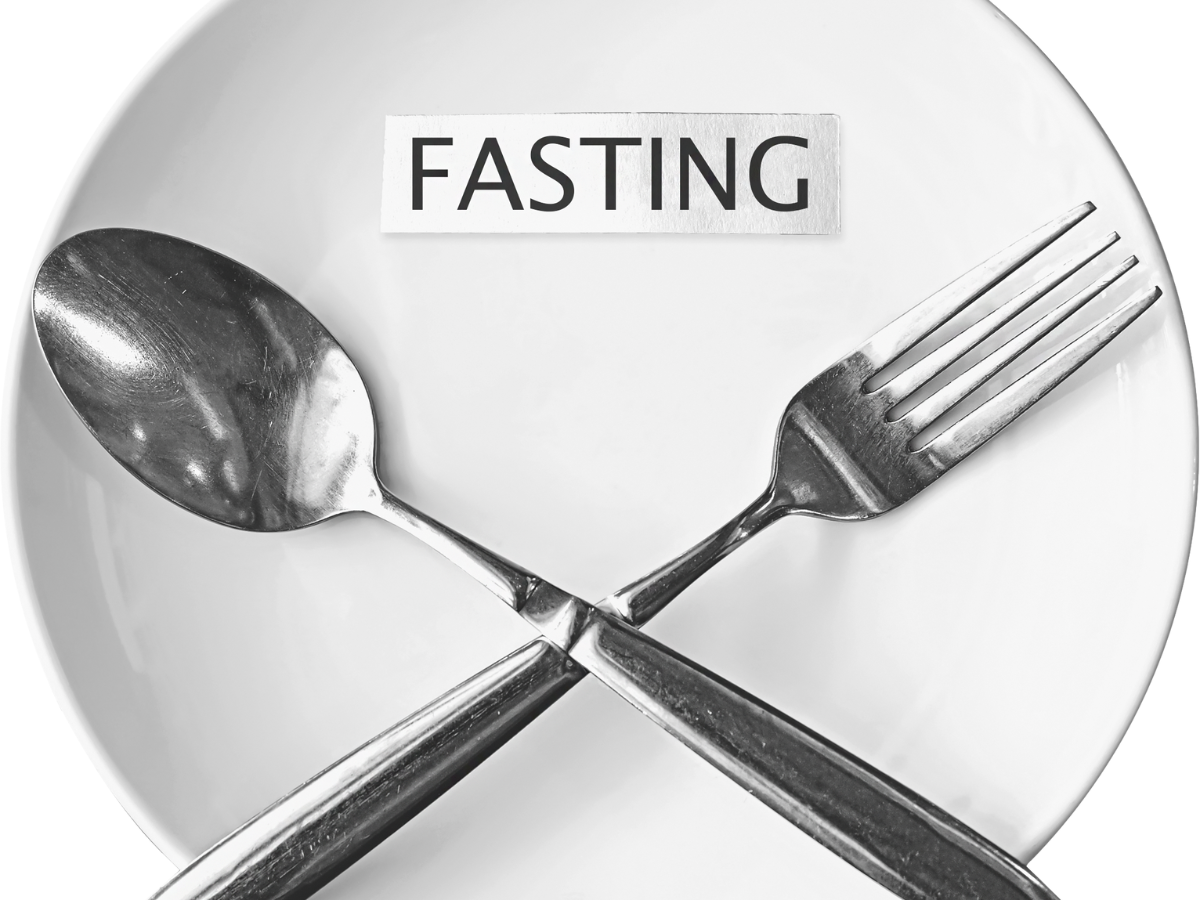TikTok Mental Health Crisis: Experts Warn of Rampant Misinformation & Risks to Vulnerable Users

TikTok's Mental Health Landscape: A Growing Concern
A disturbing trend is emerging on TikTok: a surge in mental health misinformation. Leading British experts are sounding the alarm, warning that over half of the most popular videos discussing mental health issues are riddled with inaccurate information, posing a significant risk to vulnerable users struggling with complex conditions. This isn't just about harmless inaccuracies; it's about potentially harmful advice that could delay proper treatment or exacerbate existing mental health challenges.
The Scale of the Problem
The sheer volume of content on TikTok is staggering, and the platform's algorithm can quickly amplify videos, regardless of their accuracy. This means misinformation can spread rapidly, reaching a vast audience, particularly young people who are already navigating a challenging time in their lives. The experts' findings are particularly concerning given the rising rates of anxiety, depression, and other mental health issues, especially among adolescents and young adults.
What Kind of Misinformation Are We Seeing?
The misinformation takes various forms. Some videos promote unproven or even dangerous treatments, while others offer simplistic solutions to complex problems. Examples include suggesting that certain diets or lifestyle changes can “cure” mental illnesses, or downplaying the importance of professional help. Another common theme is the romanticization of mental illness, which can be particularly harmful to those who are struggling. Furthermore, some content offers advice that is simply not evidence-based and could lead to harmful self-diagnosis or treatment.
The Risks to Users
The consequences of relying on inaccurate mental health information can be severe. Users may delay seeking professional help, try ineffective or harmful treatments, or experience a worsening of their symptoms. The social nature of TikTok can also amplify these risks, as users may be influenced by the opinions of others, even if those opinions are not based on facts. For individuals with pre-existing mental health conditions, exposure to misinformation can be particularly destabilizing.
What Needs to Be Done?
Experts are calling for a multi-pronged approach to address this crisis. TikTok needs to take greater responsibility for the content that appears on its platform, implementing more robust content moderation policies and algorithms that prioritize accurate information. Mental health professionals should actively engage on TikTok, creating evidence-based content and debunking myths. Finally, users need to be critical consumers of information, verifying claims with trusted sources and seeking professional help when needed.
Beyond TikTok: A Wider Issue
While TikTok is the focus of this particular warning, the issue of mental health misinformation extends to other social media platforms as well. It highlights the need for greater digital literacy and a more critical approach to online information, particularly when it comes to sensitive topics like mental health. Ultimately, protecting the mental well-being of users requires a collaborative effort from social media companies, mental health professionals, and the public.
Resources for Support:
- NHS Mental Health Services: https://www.nhs.uk/mental-health/
- Mind: https://www.mind.org.uk/
- Samaritans: https://www.samaritans.org/






